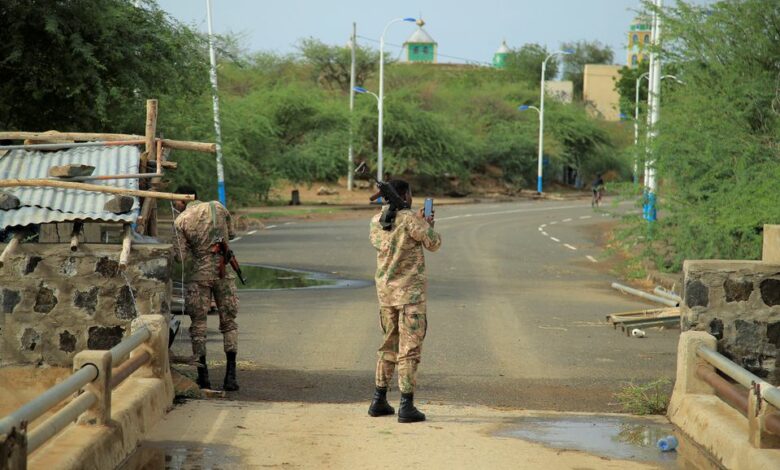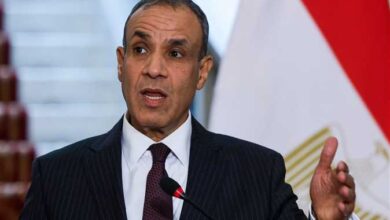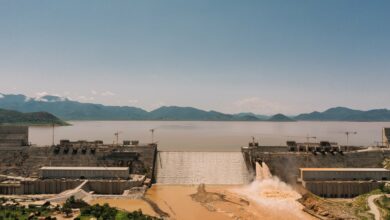
ADDIS ABABA, Oct 22 (Reuters) – An Ethiopian government air strike hit a university in the Tigray regional capital on Friday, rebellious Tigrayan forces and humanitarian sources said, as thousands of people fled fighting further south.
The government said its strike targeted a base formerly belonging to the military and now being used by the Tigray People’s Liberation Front (TPLF), which controls the northern region. Government spokesperson Legesse Tulu said the university was not hit.
Friday marked the fourth day of government aerial bombardments on the city of Mekelle. They come as fighting is intensifying in the neighbouring Amhara region as the government tries to reclaim territory seized by the TPLF in recent months.
The nearly year-long conflict between the government and forces allied to the TPLF, which dominated Ethiopian politics for three decades, has killed thousands of people and displaced more than 2 million.
Getachew Reda, a TPLF spokesperson, told Reuters the strike had hit the compound of Mekelle University. He said he had no information on casualties.
Three humanitarian sources in Ethiopia, citing information from Mekelle residents, also told Reuters that the strike had hit Mekelle University.
Tigrai TV, which is controlled by the TPLF, reported that the strike hit the main campus of the university and 11 civilians were wounded.
Two of the humanitarian sources said a U.N. plane had aborted a scheduled landing in Mekelle because of the air strike. Legesse said he had no information about this.
Government forces also struck targets in Mekelle on Monday, Wednesday and Thursday this week.
THOUSANDS FLEE FIGHTING
The campaign in the skies is part of a new government push to weaken the TPLF forces. The Ethiopian military last week launched a ground offensive aimed at driving TPLF fighters out of territory they seized in July in the Amhara region. Forces in Amhara have fought alongside the military against the TPLF from early in the war.
The new fighting has forced thousands of people to flee their homes in the eastern part of Amhara, humanitarian sources and local officials said.
On Friday, residents in the major town of Dessie told Reuters that panic was spreading after the TPLF spokesperson said a day earlier that its forces were within artillery range of the town.
One resident said he could hear the sound of heavy gunfire on Thursday night and into the morning, and that the bus fare to the capital Addis Ababa, about 385 km (240 miles) to the south, had increased by more than sixfold this week. “The whole city is panicking,” he said, adding that people who could were leaving.
Seid Assefa, a local official working at a coordination centre for displaced people in the town, said that 250 people had fled there this week from fighting in the Girana area to the north. “We now have a total of 900 (displaced people) here and we finished our food stocks three days ago.”
Leul Mesfin, medical director of Dessie Hospital, told Reuters that three patients – two female children and an adult – had died this week at his facility from heavy artillery wounds. He said they had been transported from the town of Wuchale, scene of heavy fighting over the past week, according to both the government and the TPLF forces.
Reporting by Addis Ababa newsroom Additional reporting and writing by Maggie Fick and Ayenat Mersie in Nairobi; Editing by John Stonestreet, Peter Graff and Alex Richardson



